You’ve heard it so many times that it’s become cliché, but that doesn’t make it any less true: you are what you eat. No where is this truer than with nutrition and chronic disease.
Chronic diseases, such as heart disease, diabetes, and obesity, are long-lasting health conditions that persist and often require ongoing medical attention or management.
These conditions have become increasingly prevalent in modern society, posing significant challenges to both individuals and healthcare systems.
The Connection between Nutrition and Chronic Disease
Sure, these numbers are going up, but where does nutrition fall into all of this? Is it both the cause and the treatment?
And how can a personalized nutrition plan help all of this?
Let’s take a look at the role of poor nutrition and chronic disease.
The Impact of Poor Nutrition
Poor nutrition can contribute significantly to the development of chronic diseases as well as overall health issues.
Consuming excessive amounts of unhealthy foods, especially those containing added sugars, preservatives, additives, and processed salt, can dramatically increase the risk of various health issues.
What’s more, a lack of essential nutrients can weaken the body’s immune system and hinder its ability to function optimally.
Examples of Nutrition-Related Chronic Diseases
Here are some of the most common chronic diseases that are caused or fueled by poor nutrition choices:
Obesity: A major risk factor for other chronic conditions, obesity is often a result of consuming excessive calories and lacking physical activity. A balanced diet, combined with regular exercise, can help prevent and manage obesity.
Type 2 Diabetes: This chronic condition is strongly linked to poor nutrition, as excessive sugar and carbohydrate intake can lead to insulin resistance. A balanced diet, rich in fiber and low in refined sugars, can help prevent and manage type 2 diabetes.
Heart Disease: Unhealthy eating habits, such as consuming high levels of sugar, processed fats, and cholesterol, can contribute to heart disease. Adopting a heart-healthy diet, rich in fruits, vegetables, whole grains, and healthy fats, can reduce the risk of developing heart disease and help manage existing conditions.
Alzheimer’s Disease: Some recent studies suggest a strong connection between the nutritional choices we make and the risk of developing Alzheimer’s disease. Diets that are high in processed foods, sugars, and unhealthy fats while lacking essential nutrients are thought to accelerate cognitive decline. On the flip side, a balanced diet rich in antioxidants, omega-3 fatty acids, and other brain-supportive nutrients found in whole foods can potentially slow the progression of this disease and improve cognitive health.
The Importance of a Well-Balanced Diet
A well-balanced meal plan is crucial in both preventing and managing chronic diseases.
By providing the body with the proper healthy nutrients, a balanced diet supports optimal functioning and helps maintain a healthy weight, reducing the risk of developing health complications.
For those already diagnosed with chronic conditions, a well-balanced diet can alleviate symptoms, slow disease progression, and improve overall quality of life.
Key Nutrients and Their Impact on Chronic Disease
Nutrition can be confusing, but you don’t need to be a registered dietician to understand the basics of the key nutrients and the influence they have on your health.
Macronutrients and Micronutrients
Macronutrients and micronutrients are the two essential types of nutrients our body needs to function properly.
Macronutrients include carbohydrates, proteins, and fats, which provide the energy necessary for our bodies to carry out daily activities.
Micronutrients, on the other hand, consist of vitamins and minerals, which are required in smaller amounts but play vital roles in maintaining overall health.
Role of Key Nutrients in Health and Chronic Disease Prevention
A balanced intake of both macronutrients and micronutrients is essential for maintaining good health and preventing chronic diseases.
For example, consuming adequate amounts of proteins helps build and repair tissues, while healthy fats, such as monounsaturated and polyunsaturated fats, can improve heart health.
Micronutrients like vitamins and minerals support the immune system, bone health, and various metabolic processes.
Nutrients for Managing Specific Chronic Conditions
Here are some of the most important nutrients that can have a direct impact on your health, depending on which chronic condition you have or you’re at risk for.
Omega-3 Fatty Acids and Heart Disease: Omega-3 fatty acids, found in fish, flaxseed, and walnuts, have been shown to reduce inflammation and lower the risk of heart disease. Consuming these healthy fats can help manage heart-related conditions by reducing blood pressure and triglyceride levels. [1]
Fiber and Type 2 Diabetes: A diet rich in fiber can help manage type 2 diabetes by slowing down the absorption of sugars and improving blood sugar control. Foods such as whole grains, fruits, vegetables, and legumes are excellent sources of fiber and can be incorporated into a diabetes-friendly meal plan. [2]
Potassium and Hypertension: Potassium is an essential mineral that helps regulate blood pressure by balancing the effects of sodium in the body. Consuming potassium-rich foods, such as bananas, sweet potatoes, spinach, and avocados, can aid in managing hypertension and reducing the risk of stroke. [3]
Calcium and Osteoporosis: Calcium is vital for maintaining bone health and preventing conditions like osteoporosis, which is characterized by weak and brittle bones. Incorporating calcium-rich foods, such as dairy products, leafy greens, and fortified plant-based milk, can help maintain bone density and reduce the risk of fractures. [4]
Magnesium and Migraines: Magnesium is involved in various bodily processes, including nerve function and muscle relaxation. Some studies have shown that magnesium supplementation may help reduce the frequency and severity of migraines. Foods rich in magnesium include nuts, seeds, whole grains, and dark chocolate. [5]
Nutritional Strategies for Prevention and Management
Here are some nutritional strategies to prevent and manage certain chronic diseases:
Incorporating Heart-Healthy Foods
Consume omega-3 rich fish, such as salmon and mackerel, to reduce inflammation and improve heart health.
Choose whole grains, like brown rice and whole wheat bread, to increase fiber intake and maintain healthy cholesterol levels.
Opt for healthy fats, including olive oil, avocados, and nuts, to replace trans fats.
Managing Blood Sugar Levels
Focus on low-glycemic foods, like non-starchy vegetables and legumes, to prevent blood sugar spikes.
Incorporate high-fiber foods, such as whole grains, fruits, and vegetables, to promote better blood sugar control.
Practice portion control and mindful eating to maintain a healthy weight and prevent insulin resistance.
Supporting Bone Health
Prioritize calcium-rich foods, including dairy products, leafy greens, and fortified plant-based milk, to strengthen bones and prevent osteoporosis.
Include vitamin D-rich sources, such as sunlight exposure, fortified foods, or supplements, to enhance calcium absorption and support bone health.
Boosting Immune Function
Consume a variety of colorful fruits and vegetables, rich in antioxidants and vitamins, to support the immune system.
Include probiotic-rich foods, like yogurt and fermented vegetables, to promote a healthy gut microbiome and enhance immune function.
Reducing Inflammation
Choose anti-inflammatory foods, such as berries, leafy greens, and fatty fish, to combat chronic inflammation and support overall health.
Limit the intake of processed foods, refined sugars, and unhealthy fats, which can contribute to inflammation and exacerbate chronic conditions.
Understand Your Nutrition with Us
When it comes to understanding nutrition, it can feel like an impossible task because there’s so much information. What’s more, most of it is either misleading or flat out wrong.
Our expert team of nutritionists and dieticians can help you with all of your concerns.
Schedule an in-person or online consultation for free!
References
- Jain AP, Aggarwal KK, Zhang PY. Omega-3 fatty acids and cardiovascular disease. Eur Rev Med Pharmacol Sci. 2015;19(3):441-5. PMID: 25720716.
- McRae MP. Dietary Fiber Intake and Type 2 Diabetes Mellitus: An Umbrella Review of Meta-analyses. J Chiropr Med. 2018 Mar;17(1):44-53. doi: 10.1016/j.jcm.2017.11.002. Epub 2018 Mar 1. PMID: 29628808; PMCID: PMC5883628.
- Filippini T, Naska A, Kasdagli MI, Torres D, Lopes C, Carvalho C, Moreira P, Malavolti M, Orsini N, Whelton PK, Vinceti M. Potassium Intake and Blood Pressure: A Dose-Response Meta-Analysis of Randomized Controlled Trials. J Am Heart Assoc. 2020 Jun 16;9(12):e015719. doi: 10.1161/JAHA.119.015719. Epub 2020 Jun 5. PMID: 32500831; PMCID: PMC7429027.
- Li K, Wang XF, Li DY, Chen YC, Zhao LJ, Liu XG, Guo YF, Shen J, Lin X, Deng J, Zhou R, Deng HW. The good, the bad, and the ugly of calcium supplementation: a review of calcium intake on human health. Clin Interv Aging. 2018 Nov 28;13:2443-2452. doi: 10.2147/CIA.S157523. PMID: 30568435; PMCID: PMC6276611.
- Maier JA, Pickering G, Giacomoni E, Cazzaniga A, Pellegrino P. Headaches and Magnesium: Mechanisms, Bioavailability, Therapeutic Efficacy and Potential Advantage of Magnesium Pidolate. Nutrients. 2020 Aug 31;12(9):2660. doi: 10.3390/nu12092660. PMID: 32878232; PMCID: PMC7551876.








